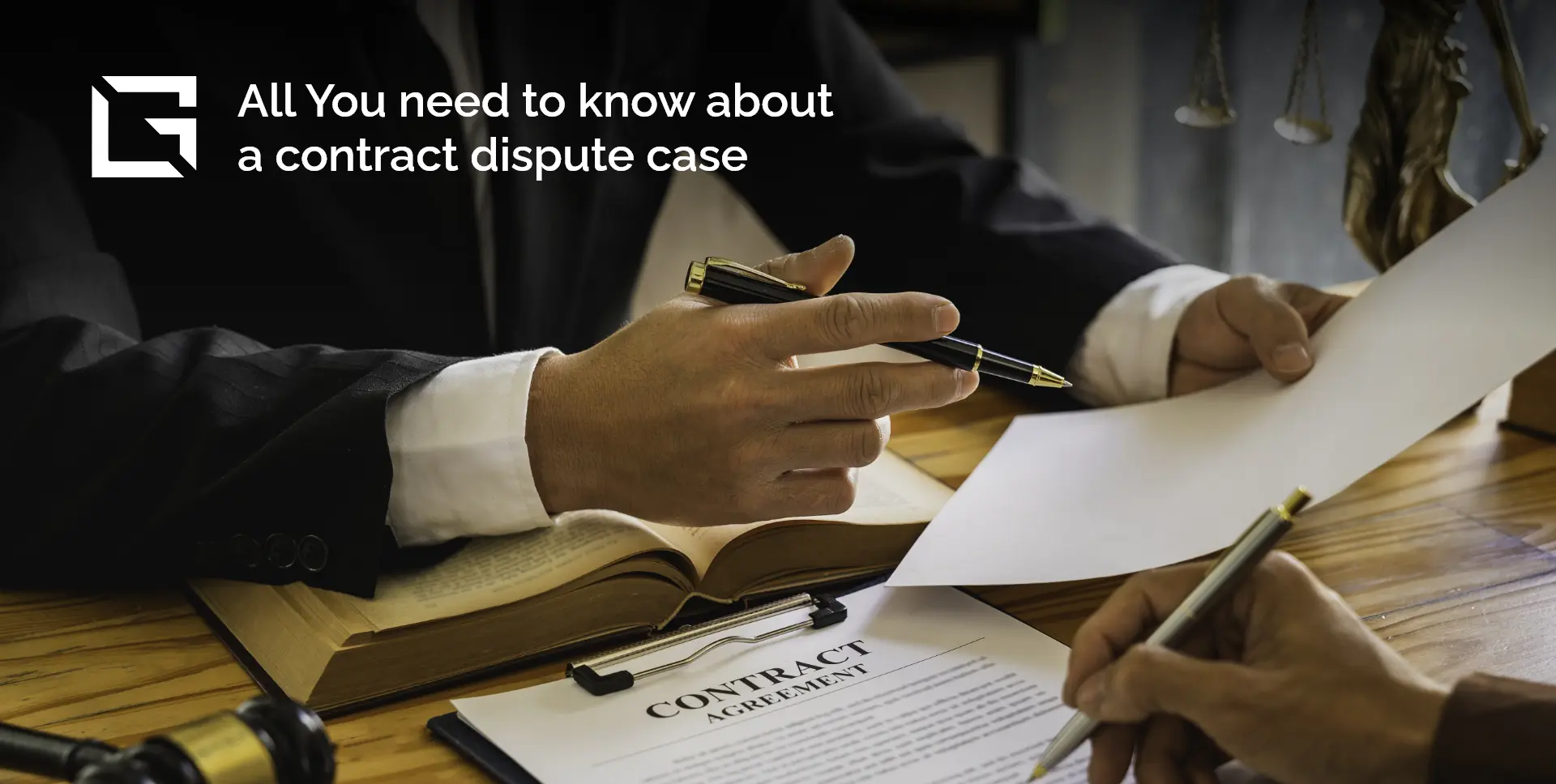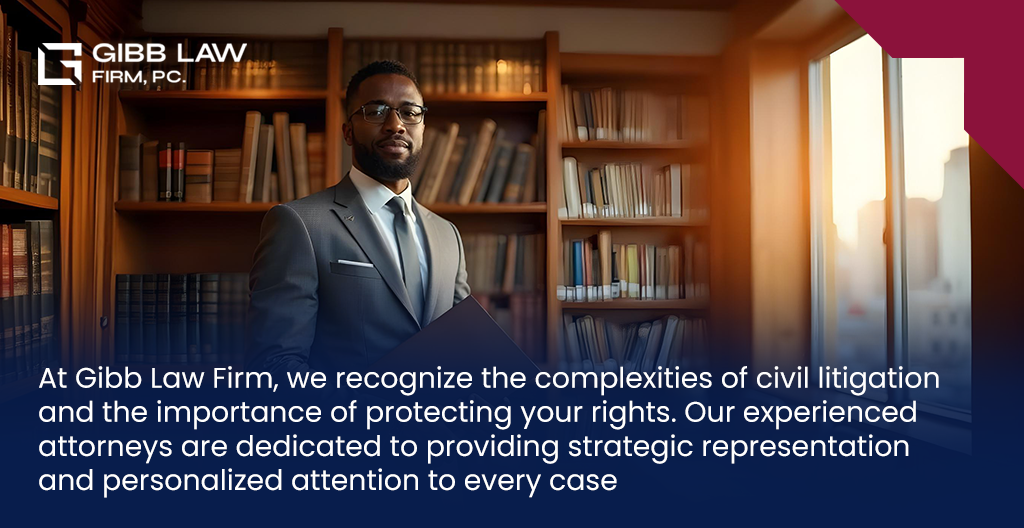In the complex world of business transactions, contracts are the foundation for establishing clear expectations and obligations. However, disagreements can arise, leading to a contract dispute. This write-up will empower you with the knowledge and resources needed to go through the dispute statute and situations effectively.
Understanding Contract Disputes
A contract dispute emerges when a disagreement surfaces regarding the terms, performance, or enforcement of a contract. These disagreements can take various forms:
- Breach of Contract: One party fails to fulfill the obligations outlined in the agreement.
- Misrepresentation: A party made false or misleading statements during negotiations, inducing the other party to enter the agreement.
- Mistake: A key term or provision in the contract is based on a mutual misunderstanding.
Identifying Potential Conflicts Early
Early detection of potential problems is crucial. Here are some warning signs to watch out for:
- Unclear or Ambiguous Contract Language: Vague wording in the contract can lead to differing interpretations and disputes.
- Performance Issues: One party consistently fails to meet deadlines, deliver promised goods or services, or adhere to agreed-upon quality standards.
- Changes in Circumstances: Unexpected events may render some contractual obligations impractical or impossible to fulfill.
Taking Action: Addressing the Dispute
If you suspect a contract dispute, consider these initial steps:
- Review the Contract: Reread the contract thoroughly to understand your rights and obligations under the agreement.
- Gather Documentation: Collect all relevant documents, including the contract, emails, invoices, and any other communication related to the agreement.
- Attempt Negotiations: Direct communication with the other party can often resolve the issue. Clearly outline your concerns and propose solutions that meet both parties’ needs.
Legal Options If Negotiations Fail
Should negotiations fail, legal avenues exist to secure a satisfactory resolution. Reach out to Gibb Law Firm, your civil litigation experts for help. Depending on the complexity of the situation, some potential options include:
- Mediation: A neutral third party facilitates communication between both parties to reach a mutually agreeable settlement.
- Arbitration: A neutral third party, acting as an arbiter, makes a binding decision regarding the dispute.
- Litigation: Taking the case to court for a judge to issue a final ruling.
Legal Framework and Procedural Steps
Contract disputes fall under civil cases, and the Federal Rules of Civil Procedure govern the procedural steps. Specific state laws and regulations may also apply. Here’s a breakdown of potential steps in resolving a contract dispute through litigation:
- Filing a Complaint: The aggrieved party initiates the process by filing a complaint in the appropriate court, outlining the basis of their dispute.
- Response: The opposing party is required to respond, either contesting the allegations or offering their defense.
- Discovery: Both parties exchange evidence and information relevant to the case.
- Trial: If the dispute remains unresolved, the case proceeds to trial, where each side presents their argument, and a decision is made.
Seeking Legal Support
Contract disputes can be complex. Solicitation provisions are an essential tool for businesses looking to protect their interests, but they must be carefully crafted to ensure they are both effective and enforceable. Consulting with Gibb Law Firm is crucial. They can help you navigate the legalities, evaluate your options, and develop a strategic approach to secure a favorable outcome.
Practical Tips for Businesses in Kaysville, Utah
- Document Everything: Maintain detailed records of all communications, agreements, and transactions related to the contract.
- Seek Legal Advice Early: Consulting with an attorney early on can provide clarity on your legal position and options.
- Consider Alternative Dispute Resolution (ADR): ADR methods like mediation and arbitration can offer more cost-effective and timely resolutions compared to litigation.
Contract disputes can be intricate, but with the right preparation and guidance, businesses can navigate them effectively. By understanding potential issues, taking proactive steps, and seeking legal support when necessary, you can protect your rights and interests throughout the process. Remember, the Gibb Law Firm is here to stand by your side. Contact us today for a consultation.
Contact information
Gibb Law Firm
Phone – (801) 725-6035
Address – 610 N. Kays Dr., Suite 109 Kaysville, Utah
Disclaimer: This blog is for informational purposes only and is not legal advice. Please contact us to discuss the specifics of your litigation situation.



